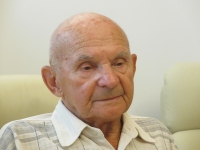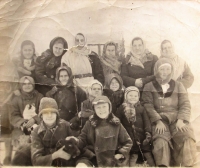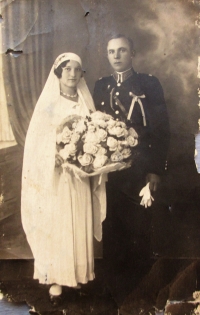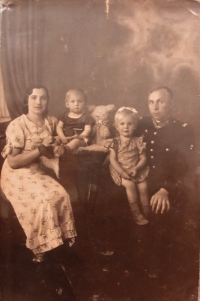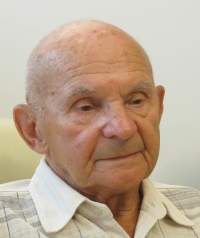First they deported us to Kazakhstan and then expelled to Silesia

Download image
Ryszard was born on 1 January 1936 in the region of Pokuttya (Pokucie, southeastern Galicia), which was then part of Poland and today belongs to Ukraine. His father Felix Gaik was employed as a policeman in the village of Korszów, where the family lived. The situation changed after Poland was invaded by Germany on 1st September 1939 and the USSR on 17th September 1939. Pokkuttya was under the occupation of the Soviets, who arrested Ryszard´s father and deported the rest of the family, Ryszard along with his mother and older sister, to today´s Kazakhstan. Under harsh conditions they had to survive there until 1944, when the Poles with legal documents were allowed to leave. Although they did not posses the documents, they managed to leave, first to Kyiv and then in autumn 1945 to Lviv. The city did not belong to Poland any more, the family was granted evacuees´ IDs where the city of Zgorzelec/Görlitz was mentioned as final destination. As they did not know where Zgorzelec was, they got off the train already in Wroclaw (Breslau). Both Wroclaw and Zgorzelec were on a former German territory, gained by Poland after WWII. Around Christmas 1945, the family was granted a flat in Wroclaw, whose German inhabitants had to vacate it. Ryszard Gaik studied at the Wroclaw Polytechnic University and worked on leading positions in the automotive industry, although he was not a cummunist party member. It was not before the fall of the communist regime that the family learned the truth about the fate of their father - he was killed in the scope of the Katyń massacre in 1940 in the Russian prisoners´ camp Ostashkov.
